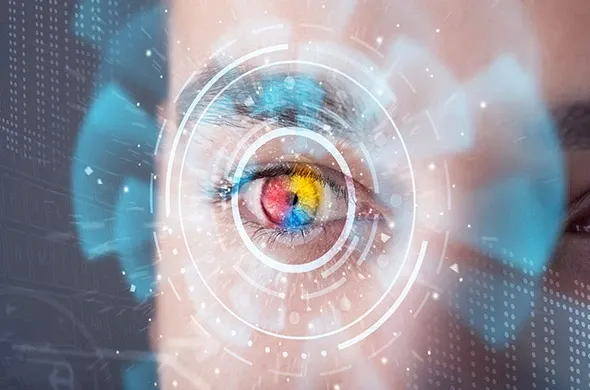IBM Security released a global study examining consumer perspectives around digital identity and authentication, which found that people now prioritize security over convenience when logging into applications and devices.
Overall, respondents recognized the benefits of biometric technologies like fingerprint readers, facial scans and voice recognition, as threats to their digital identity continue to mount. The surveyed was conducten on nearly 4,000 adults from across the U.S., Asia Pacific (APAC) and Europe to gain insight into consumer viewpoints around authentication.
People ranked security as the highest priority for logging in to the majority of applications, particularly when it came to money-related apps. While 75 percent of millennials are comfortable using biometrics today, less than half are using complex passwords, and 41 percent reuse passwords. Older generations showed more care with password creation, but were less inclined to adopt biometrics and multifactor authentication.
Security was vastly ranked as the top priority for banking, investing, and budgeting apps, for these categories on average, 70 percent selected security as the top priority, with 16 percent selecting privacy, and 14 percent selecting convenience. Security also ranked as the top priority for online marketplaces, workplace apps, and email. For social media apps, priorities became less clear with convenience taking a slight lead (36 percent), followed by security (34 percent) and privacy (30 percent).
The survey also examined consumers’ opinions around the security of various login methods, and found that certain types of biometrics were viewed as more secure than passwords, yet security and privacy remain top concerns when it comes to adopting biometrics. 44 percent ranked fingerprint biometrics as one of the most secure methods of authentication. People’s biggest concerns with biometric authentication were privacy (how the data is collected and used - 55 percent), and security (others using fake biometric data to access their accounts - 50 percent).
Only 42 percent of millennials use complex passwords that combine special characters, numbers and letters (versus 49 percent of those 55 years of age and older), and 41 percent reuse the same password multiple times (versus 31 percent of 55+).
On average, people 55+ use 12 passwords, while Gen Z (ages 18 - 20) averages only five passwords, which could indicate a heavier re-use rate. Millennials are two trimes more likely to use a password manager (34 percent) than people over the age of 55 (17 percent). Also, millennials were more likely to enable two-factor authentication in the wake of a breach (32 percent versus 28 percent general population).
Young adults also showed the strongest preference for convenience, with almost half (47 percent) of adults under 24 preferring a faster sign-in experience to a more secure form of authentication. This may be one reason that young people are more likely to adopt biometric authentication, with 75 percent of millennials comfortable using biometrics today compared to 58 percent of those over age 55.



















